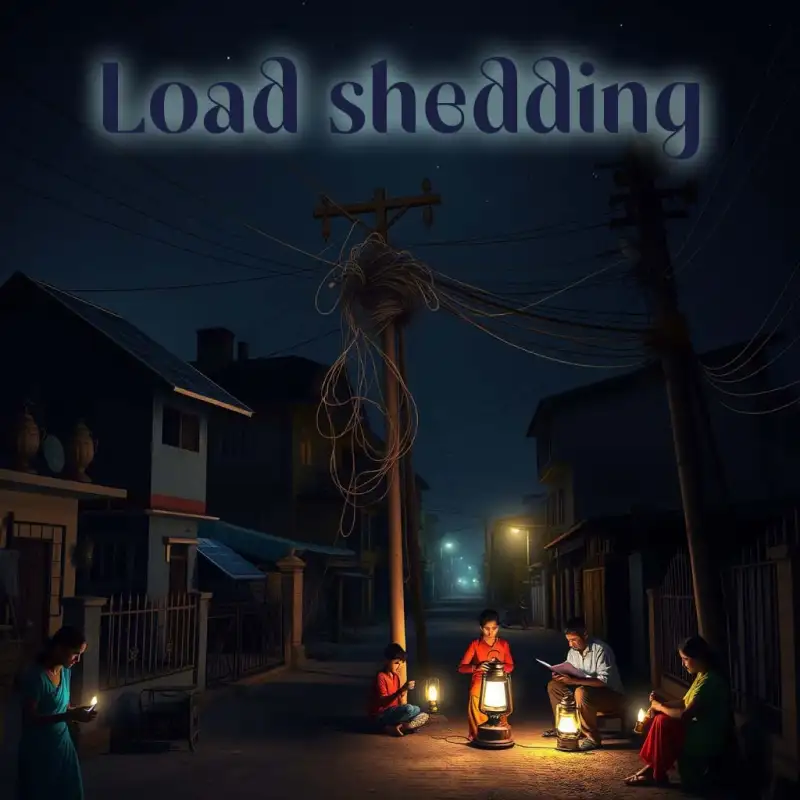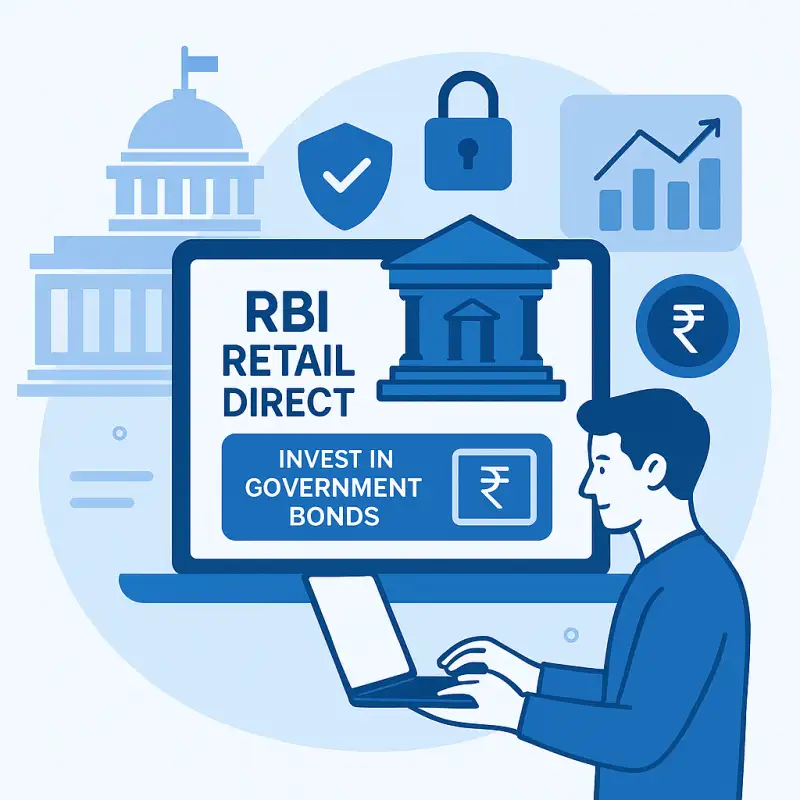Recurring Deposit VS Fixed Deposit - Digiforum Space
Share
Facebook X LinkedIn Tumblr Pinterest Pocket Skype Messenger Messenger ViberRecurring Deposit vs. Fixed Deposit: Making Informed Savings Decisions
When it comes to investing your hard-earned money, there are various options to consider, each with its own set of advantages and limitations. Two popular choices that often stand out are Recurring Deposits (RDs) and Fixed Deposits (FDs). These financial instruments provide a secure way to grow your savings while earning interest. In this article, we’ll delve into the differences between recurring deposits and fixed deposits, helping you make an informed decision based on your financial goals and preferences.
Defining Recurring Deposits (RDs)
A Recurring Deposit is a savings option offered by banks and financial institutions that allows individuals to save a fixed sum of money at regular intervals, usually on a monthly basis. RDs are particularly suitable for those who want to cultivate a disciplined savings habit but may not have a lump sum amount to invest upfront. The accumulated funds earn interest over a predetermined period, and at the end of the tenure, the matured amount, comprising both the principal and interest, is paid out.
Related Articles
- What is Recurring Deposit?
- Types of Recurring Deposit Account
- How many years FD will double in SBI
- Credit Card against FD
- Fixed deposit double in 5 Years
Understanding Fixed Deposits (FDs)
A Fixed Deposit, on the other hand, is a lump-sum investment made for a specific period at a predetermined interest rate. When you open an FD account, you deposit a certain amount of money with the bank or financial institution for a fixed tenure, which can range from a few months to several years. The interest earned on FDs is higher than that of regular savings accounts, and it remains constant throughout the tenure, providing you with a predictable return on your investment.
Comparing Recurring Deposits and Fixed Deposits
- Nature of Investment:
- Recurring Deposit: RDs involve regular contributions at predefined intervals. You commit to depositing a fixed amount every month for the entire tenure, fostering a disciplined savings habit.
- Fixed Deposit: FDs require a lump-sum investment upfront. You deposit a significant amount at the beginning of the tenure, which earns interest until maturity.
- Flexibility:
- Recurring Deposit: RDs offer flexibility in terms of the monthly deposit amount. This can be useful if your financial capacity to save varies from month to month.
- Fixed Deposit: FDs are less flexible as they require a lump-sum amount at the outset. Once invested, you cannot make additional contributions to the same FD.
- Interest Rates:
- Recurring Deposit: Interest rates for RDs are usually lower compared to FDs due to the consistent nature of contributions. However, the compounded interest on the accumulated deposits still provides reasonable returns.
- Fixed Deposit: FDs generally offer higher interest rates than RDs. The interest remains constant throughout the tenure, making it easier to calculate the returns.
- Interest Calculation:
- Recurring Deposit: Interest on RDs is usually compounded quarterly. The interest is calculated on a decreasing balance basis as the principal decreases with each contribution.
- Fixed Deposit: Interest on FDs can be compounded quarterly, semi-annually, or annually. The interest is calculated on the initial principal amount.
- Maturity Amount:
- Recurring Deposit: The maturity amount of an RD is the sum of all the monthly deposits, along with the accumulated interest.
- Fixed Deposit: The maturity amount of an FD is the principal amount plus the accumulated interest, which is fixed from the beginning.
- Risk and Return:
- Recurring Deposit: RDs are considered less risky as they involve smaller regular contributions. The returns are generally stable but might be lower due to lower interest rates.
- Fixed Deposit: FDs are also relatively low-risk investments, offering higher returns due to higher interest rates. However, the returns are fixed and might not keep up with inflation in the long term.
- Premature Withdrawal:
- Recurring Deposit: Withdrawing funds prematurely from an RD might result in penalties or reduced interest rates, affecting the overall returns.
- Fixed Deposit: Premature withdrawal from an FD can result in penalties and lower interest rates as well. However, some FDs might provide the option to take loans against the FD amount.
- Suitability:
- Recurring Deposit: RDs are suitable for individuals with a steady income who want to cultivate a savings habit over time.
- Fixed Deposit: FDs are ideal for those with a lump-sum amount to invest and who are looking for a predictable, fixed return on their investment.
Conclusion
Both Recurring Deposits and Fixed Deposits offer secure avenues for growing your savings while earning interest. The choice between the two depends on your financial goals, risk appetite, and current financial situation. If you’re looking for disciplined savings and don’t have a lump sum amount to invest, a Recurring Deposit might be a better fit. On the other hand, if you have a substantial amount to invest upfront and prefer a fixed and predictable return, a Fixed Deposit could be more suitable.
It’s important to assess your financial needs and consult with financial experts before making any investment decisions. Regardless of whether you choose an RD or an FD, the key is to align your choice with your long-term financial goals, ensuring that your investment strategy supports your financial well-being.
Copy URL URL Copied
Send an email 10/08/20230 72 3 minutes read
Share
Facebook X LinkedIn Tumblr Pinterest Pocket Skype Messenger Messenger ViberShare
Facebook X LinkedIn Tumblr Pinterest Reddit VKontakte Odnoklassniki Pocket Skype Share via Email Print





